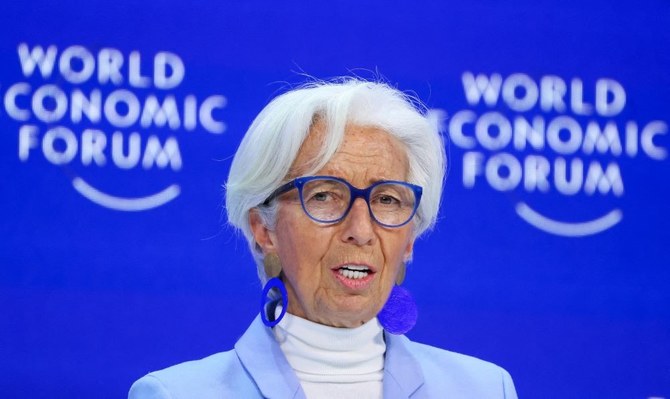Understanding the significance of major global conferences

https://arab.news/mbsx9
Last weekend, the World Economic Forum’s annual meeting came to a close in Davos. These gatherings of the “global elite” or the so-called “Davos men” always draw criticism for being elitist
The answer to such criticism has to be a resounding no. These conferences — be it the WEF or the Future Investment Initiative powered by the Public Investment Fund’s FII Institute — perform a remarkable role in getting business leaders, politicians, and representatives of civil society together to discuss the pressing issues of the day.
Top CEOs and senior politicians would for instance never be able to engage with nongovernmental organizations and other representatives from civil society in an environment of equitable dialogue if it were not for such gatherings.
The topic of this year’s Davos conference was “Rebuilding Trust.” What could be more important in a world ravaged by geopolitical tensions? Furthermore, nearly half of the world’s population will head for polls this year. Nothing could be more important in that context than understanding where the perils of artificial intelligence lie when it comes to misinformation and disinformation.
The climate debate was never far, but clearly and for obvious reasons, it was geopolitics that dominated the discussions at this year’s Davos meeting.
These conferences perform a remarkable role in getting business leaders, politicians, and representatives of civil society together to discuss the pressing issues of the day.
Cornelia Meyer
Similarly, the FII conferences raised truly important topics and provided a platform for discussion. The flagship FII 7 conference was held last October in Riyadh under the theme “The New Compass.”
PIF Gov. Yasir Al-Rumayyan aptly said: “The global economy and society face a convergence of challenges. These include global economic stability and growth, the environment, and the acceleration of technological breakthroughs including generative AI, education, and health.”
Here again, the world’s economic and political elite engaged not just with themselves but also with NGOs and a myriad of players they might not ordinarily have engaged with.
We live in a world that is becoming increasingly fragmented and where divisions between the powerful and the powerless seem to grow evermore, as was eloquently highlighted by the Oxfam Inequality Report 2024, Davos, the FII and other likeminded gatherings help highlight the aforementioned issues intelligently.
It is not just the conferences per se that matter: Important conversations also take place during side events and on the margins.
Countries can also highlight how their national agendas fit in with solutions to today’s problems. One example are the five Saudi pavilions on the promenade at Davos who put on a variety of insightful panels highlighting the topics of the day such as AI and the future of the workforce or where and how the youth gets its information in the context of AI. These are important topics. More importantly, these pavilions featured various Saudi institutions as part of a global dialogue, while highlighting the course the country charters under the auspices of Vision 2030.
My takeaway from these conferences is that they may prima facie look elitist. True the rich and the powerful gather. However, they do not just gather to talk amongst themselves, they also meet to listen — and listen generously — to people they would not meet in the course of their ordinary business namely NGOs and other members of civil society.
The world is torn apart by centrifugal forces, be it geopolitics, AI, or the dangers of climate change. In that context, the above-mentioned conversations must take place. In the 1990s the advertising slogan of BT (British Telecom) was: “It’s good to talk.” Given the state of the world here and now, I would say: “It is imperative to talk!”
- Cornelia Meyer is a Ph.D.level macroeconomist, energy expert and CEO of Meyer Resources, a business consultancy.










































